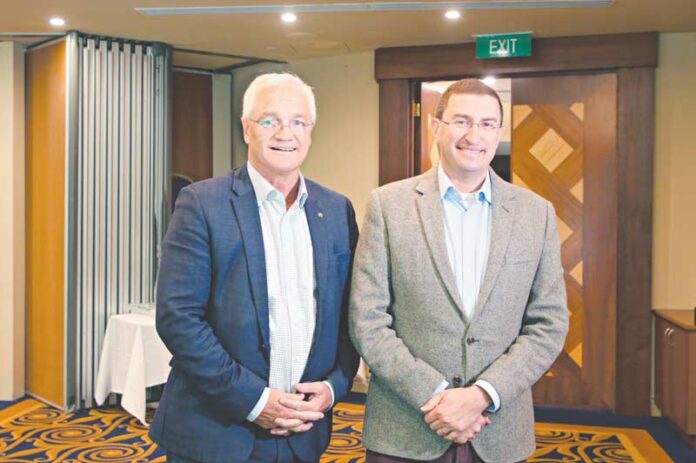
LAST week, the Federal Government Joint Standing Committee on Migration held a public hearing in Shepparton to investigate the challenges facing businesses and organisations that need to find and hire skilled migrants to fill job vacancies.
While the report is some time into the future, there is a pressing need to look at what happens now with those migrants we have already in the country.
Engineers Australia, the peak body for engineering put out a submission to the committee claiming, unless Australia’s skilled migration program is overhauled, and more support provided to migrants and employers, our nation’s engineering capability is at risk.
“Certain visa classes require the holder to remain in a regional location for two to four years, yet most engineering roles are situated in metropolitan areas. With fewer suitable roles available, migrants can find themselves forced to take on employment out of their engineering occupation and may be lost to the profession forever,” said Engineers Australia CEO, Dr Bronwyn Evans.
In a report from the committee for Economic Development of Australia looking at the contribution of permanent skilled migrants highlights the unrealised potential in newcomer communities and the need to provide income support and access to family tax benefits earlier in the settlement journey, according to Australia’s largest refugee and migration resettlement support provider, Settlement Services International (SSI).
Nearly a quarter of permanent skilled migrants in Australia are working in a job beneath their skill level, the Committee found in the report, which made a series of recommendations to improve outcomes for migrants and the economy.
While there is a pressing need for semi-skilled migrant workers to pick fruit, there is a larger issue concerning professional skilled workers needed in areas such as health care and engineering.





